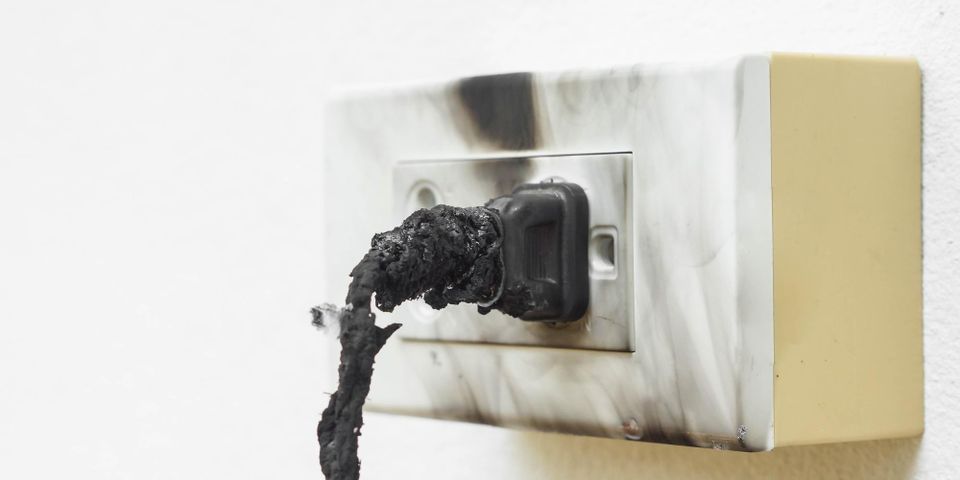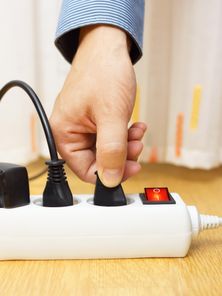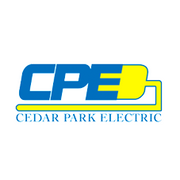
Any experienced electrician will stress the importance of surge protection in a household. While power surges last less than a thousandth of a second, they can cause major damage to a home’s wiring and appliances. To learn more about what happens during a power surge and how you can better protect your home, check out the following guide.
What Is a Power Surge?
A power surge is best defined as an increase in voltage that greatly exceeds the standard flow of electricity into the home. It manifests as a quick jolt that can carry thousands of volts into a building’s wiring.
Should a power surge occur in your home, it can fry the circuit board, ruin home entertainment systems, and even crash a computer’s hard drive. A power surge can also damage home appliances, which can be especially expensive to replace.
What Causes a Power Surge?
 The most dramatic causes of a power surge are a nearby lightning strike or downed power lines. Should lightning strike within a mile of your home, tens of thousands of amps could course through your wiring, burning and melting the system.
The most dramatic causes of a power surge are a nearby lightning strike or downed power lines. Should lightning strike within a mile of your home, tens of thousands of amps could course through your wiring, burning and melting the system.
Strong thunderstorms can also take down power lines, which can cause the voltage to fluctuate and create intermittent surges before the power goes out. Another, more preventable cause is turning appliances that use high amounts of energy on and off frequently. These surges are minor and less damaging, but they can still take a toll on appliances over time.
How Can You Protect Your Home Against Surges?
You can avoid damage from most power surges by employing point-of-use surge protection devices (SPDs) that divert or limit the surge current. These include power strips for electronic devices or surge stations for phone and cable lines.
You can also have an electrical contractor install special outlets that offer surge protection. These are particularly useful in locations where there isn't room for a plug-in surge protector, such as kitchen or bathroom counters. For more intense surge protection, try service entrance devices. These usually connect to your main electrical panel and protect your entire electrical system, including everything that can’t be connected to a point-of-use surge protection device.
If you want to add more surge protection to your home, look to the professional electricians at Cedar Park Electric in Williamson County, TX. Founded by owner and operator Johnny Morris in 1996, they offer electrical repair, installation, and inspections to residences and businesses throughout the area. To learn more about their electrical services, visit their website or call (512) 965-6789 to schedule an appointment today.
About the Business
Have a question? Ask the experts!
Send your question

